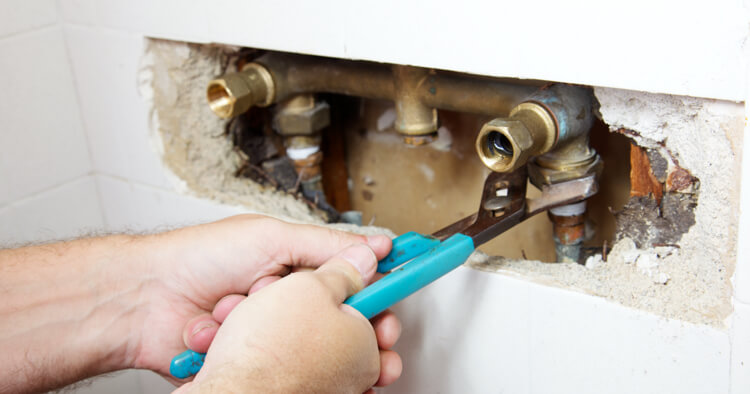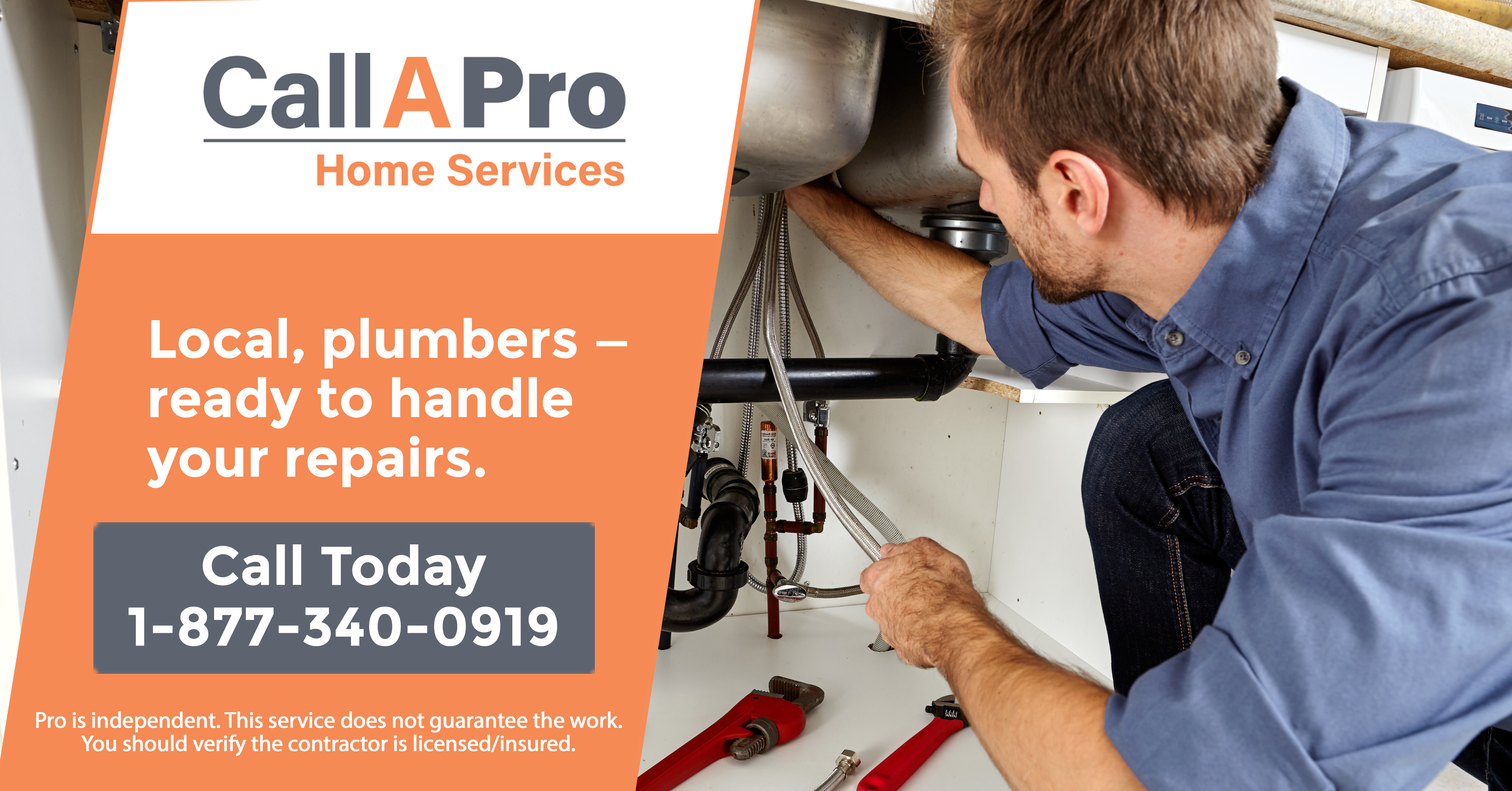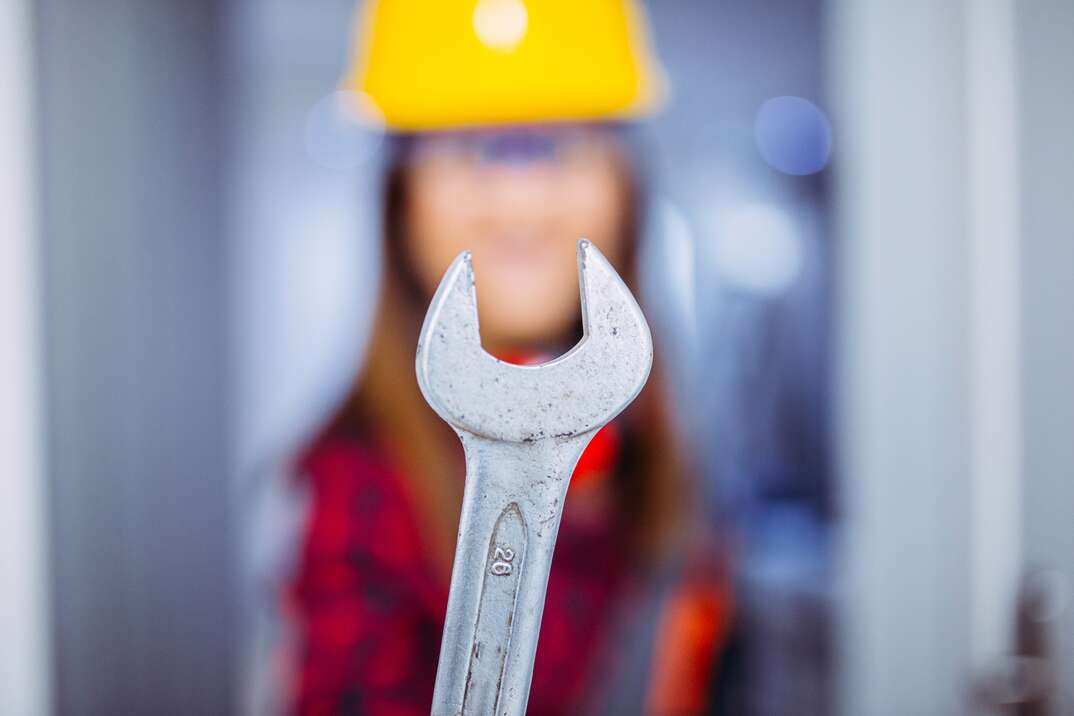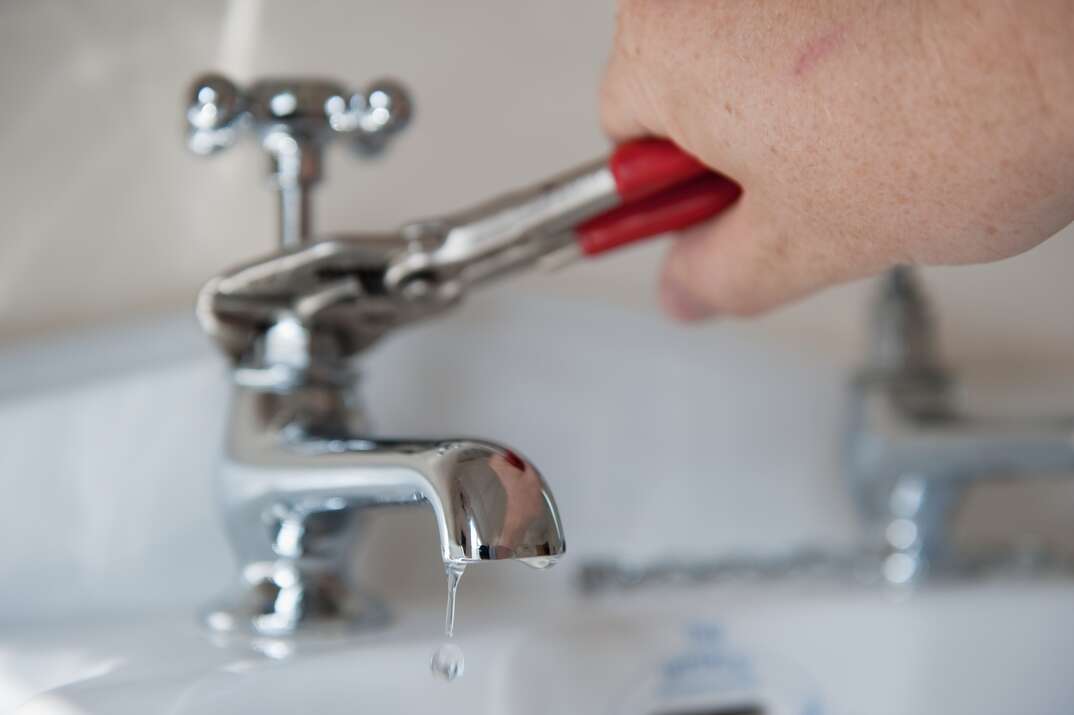Why are my Water Pipes so noisy?

BANG. Rattle. BANG. Last night I had to spend two hours convincing my kids there wasn’t a scary ghost haunting our house. They were obviously skeptical (who wouldn’t be at constant rattling and banging seeming to come from behind the wall?), but I was finally able to put them to bed and investigate the noises myself.
[1]:
[2]: /en-us/assets/images/blog/HomeServe-CTAsAvailablePlan.jpg
[3]: /en-us/assets/images/blog/HomeServe-CTAsViewPlan.jpg
After grabbing a flashlight, I made my way to the basement and discovered the strange noises were coming from my water pipes. Knowing my plumbing could need a repair, I called a professional for help.
Luckily, they knew what the problem could be just from the noise! And now I get to share this information with you.
Name that noise
Banging
A loud banging noise coming from your pipes may sound frightening, but it’s a relatively common household problem that’s easy to fix. According to The Spruce, these booming sounds are most likely the result of a water hammer - A.K.A. hydraulic shock.
A water hammer occurs when a faucet or valve quickly shuts off the flow of water into the fixture or appliance. This sudden stop means the moving water already in the pipe comes to an abrupt stop when it meets the closed valve. The startling noise you hear reverberating around your pipes is usually amplified when the pipe fittings become loose due to the sudden change in water flow.
Learn More About Home Repair Plans Near You
Most water supply systems have pipe fittings called air chambers that act as a shock absorber for water flowing at high speed under pressure. The shock wave from the sudden stop will hit the compressible air, minimizing the banging noise.
If you think the chambers just need a reboot, turn the water off to drain the pipes and allow the air to refill the chambers. But, if a noisy pipe is persistent, it’s best to call in a plumber to see if you might need a water hammer arrestor. They will know how to fix the problem and how to properly handle all kinds of materials, including copper pipes.
Gurgling
Clogged drains are one of the most common plumbing problems. If you hear your drains gurgling or notice water is draining slowly, something is probably obstructing the pipes. There are a lot of DIY tricks for unclogging your drain – especially if you're dealing with soap scum and food waste. But if the problem persists, it’s time to bring in a plumber.
Most professionals will charge a flat fee of around $150 to come out and unclog a drain with a snaking tool, reports Thumbtack. This is perfect if you can’t reach or locate the obstruction yourself, or it’s not budging with your home remedies. If it’s a larger blockage in your main sewer line, you may pay upwards of $800 for a plumber to hydro-jet the debris out.
Rattling
No, there’s not an earthquake. Rattling pipes may make it seem like your home is constantly shaking, but that’s probably not the case. This can be another sign of a water hammer echoing throughout your plumbing. Even more likely, though, is that your suspended pipes are not securely fastened.
Learn More About Home Repair Plans Near You
When the fasteners are loose or fall away all together, your pipes may rattle when water runs through them. If the pipes are easily accessible, like in a basement, it may be easy to tighten up the fasteners yourself. It can become more complicated when they’re located behind a wall - you’ll probably need to call a professional to help.
Humming
I don’t know about you, but a constant humming coming from my pipes is usually hard to detect until my house is quiet (which is a rarity with kids running around 24/7.) If your water line is constantly buzzing, Realtor.com says high water pressure is most likely to blame.
Overly high pressure can seriously damage your water heater and appliances. With a little bit of DIY knowledge, you can probably handle installing a new water pressure regulator yourself to help keep the system operating at peak efficiency. If you’re not comfortable working with the system, a plumber can easily install a new regulator, or check your current water pressure situation to make adjustments.
Squeaking
The final common noise is whistling or squeaking. Hunker.com explains this is usually a result of a bad or faulty shut-off valve. Common culprits are your washing machine or faucets. Once you’ve identified where the noise is coming from, you can replace deteriorated valve parts or call in a plumber for more help.
You never know when your home systems might need repair. Be prepared with a plan. See how plans from HomeServe can help you be prepared for the costs associated with covered plumbing repairs.



